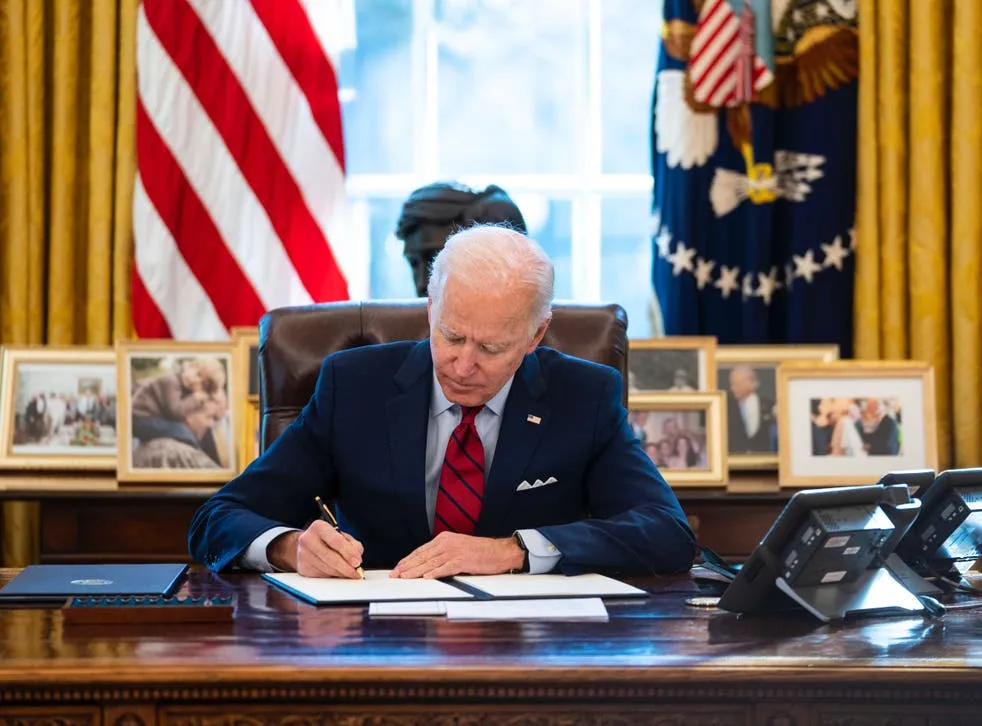
Former President Trump asserts that pardons issued by President Biden using an autopen are invalid, sparking legal debates over the legitimacy of such signatures.
Trump's Assertion on Autopen-Signed Pardons
In a recent development, former President Donald Trump has declared that several pardons issued by President Joe Biden are "void, vacant, and of no further force or effect" due to their execution via an autopen—a device that replicates a person's signature mechanically. Trump argues that this method indicates a lack of personal involvement and awareness from Biden, thereby questioning the legitimacy of the pardons.
The Controversial Pardons
Among those pardoned by Biden were high-profile figures such as Dr. Anthony Fauci, General Mark Milley, and members of the House Select Committee that investigated the January 6 Capitol riot, including former Representatives Liz Cheney and Adam Kinzinger. These preemptive pardons were intended to protect individuals from potential legal actions by the incoming administration.
Legal Perspectives on Autopen Usage
The use of an autopen for signing official documents is not unprecedented. A 2005 Department of Justice statement supports the practice, asserting that a president may direct a subordinate to affix his signature using such a device. This method has been employed by previous presidents, including Barack Obama, without legal challenges to the validity of the signatures.
Constitutional scholars emphasize that the presidential clemency power is broad and final. There is no explicit constitutional requirement stipulating that a president must physically sign pardons for them to be valid. Therefore, Trump's assertion that autopen-signed pardons are invalid lacks clear legal grounding.
White House Response
The White House has addressed Trump's claims, with Press Secretary Karoline Leavitt stating that the president was "begging the question" regarding the legality of the autopen-signed pardons. Leavitt emphasized that the administration is confident in the legitimacy of the pardons and trusts the Department of Justice to uphold their validity.
Potential Investigations
Trump has signaled intentions to investigate individuals who received these pardons, particularly those associated with the January 6 committee. He suggests that the use of the autopen may have involved staff members acting without Biden's explicit knowledge, potentially constituting a crime. However, legal experts note that any such investigations would face significant constitutional challenges, given the established acceptance of autopen usage for presidential actions.
Conclusion
The dispute over the validity of President Biden's autopen-signed pardons highlights ongoing political tensions and raises questions about the interpretation of presidential powers. While the use of an autopen has historical precedent and legal backing, the challenge posed by former President Trump introduces a complex debate that may ultimately require judicial clarification.